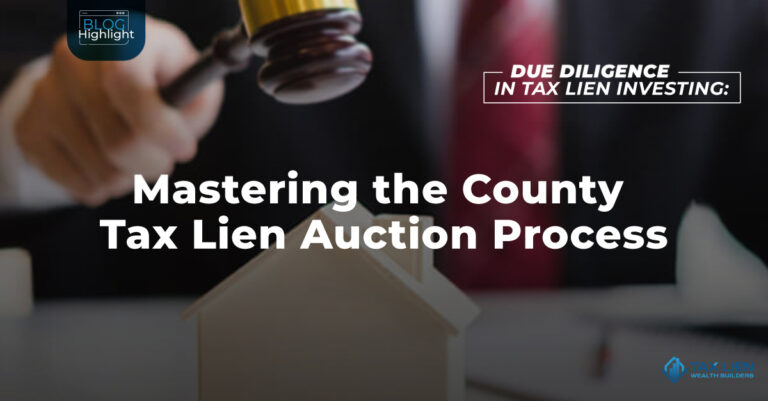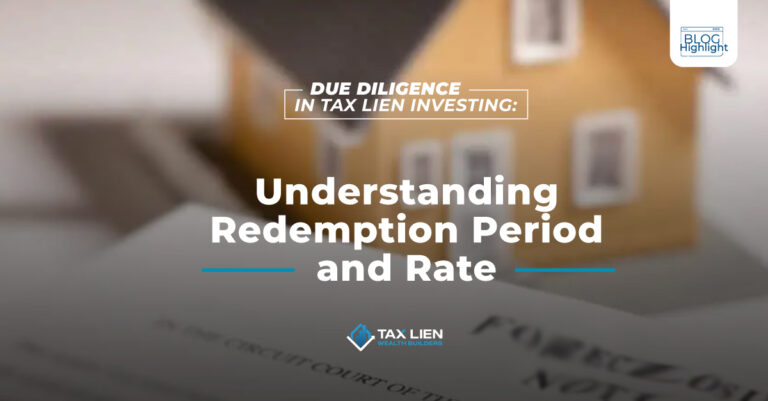Using Real Estate to Fuel Retirement Goals
It is not surprising that real estate professionals are looking at retirement accounts as new sources of funding, considering the recent successes many real estate entrepreneurs have enjoyed. The industry’s most notable success story is that of billionaire real estate mogul Sam Zell, who began trading real estate in 1966 with a $5000 loan from his aunt. In 2007 alone, he earned nearly $900 million from real estate investments.
Zell is not the only real estate investor to have turned retirement accounts into real cash cows, either. Many real estate professionals have taken advantage of 401(k) accounts, real estate investment trusts (REITs), and self-directed IRAs to make tidy profits in real estate. The latest market trends indicate that, over the past decade, real estate has made up nearly one-tenth of all investments held in self-directed retirement accounts.
The real estate market can prove a real burden on both pre-retirees and retirees alike. If you already own a home, perhaps it is time to rethink your real estate investment strategy. The last thing you want is to be saddled with a mortgage that continues to be a real liability even in retirement.
When Real Estate is Good
The real estate market has been on a tear for the past four years, with prices going up steadily in most major cities across the United States. The real estate bubble of 2007-2008 is still fresh in many people’s minds–and they don’t want it to happen again.
But real estate investment only makes sense if you end up with more money than you started out with.
For most real estate investors, whether they are buying real property for themselves or as an income-generating asset, the real goal is to make capital gains–the difference between what they paid for something and how much it is worth now.
Except for real property that’s expected to increase in value over time, real estate is a liability.
It ties up your capital and, much like a mortgage, continues to drain your liquidity no matter how hard you try to recoup those lost funds from real property sales or rental income.
Retirees need to be real smart and real careful when it comes to real estate investment. For retirees, real property can pose real problems because their income is limited and no longer growing at a significant pace–just like how mortgages take up real cash in retirement accounts.
When Real Estate is Bad
If you are already retired, there’s no need for you to start investing in real estate unless you are one of the lucky few who is financially independent with enough disposable income to turn real property into a second or third source of income.
Even then, real property investments should be made only after real thorough calculation and real careful consideration of all the risks involved.
For many retirees, real estate can become more trouble than it’s worth–especially if you have to realign your entire retirement investment strategy because real property has real strings attached.
For example, real estate investing can be a real headache for those who are retiring abroad and need their money liquid so they can move from one country to another as often as they please. And if this is what you have in mind, real estate could spell trouble for you in retirement.
Bottom line: real property is only good if you make real capital gains–which is not guaranteed even in the best real estate markets.
If real estate is bad and there’s not much you can do about it, selling real properties once and for all might be your real best move.
You can learn more from our free and informative workshops. Join us: https://www.tlwbevents.com/workshop







